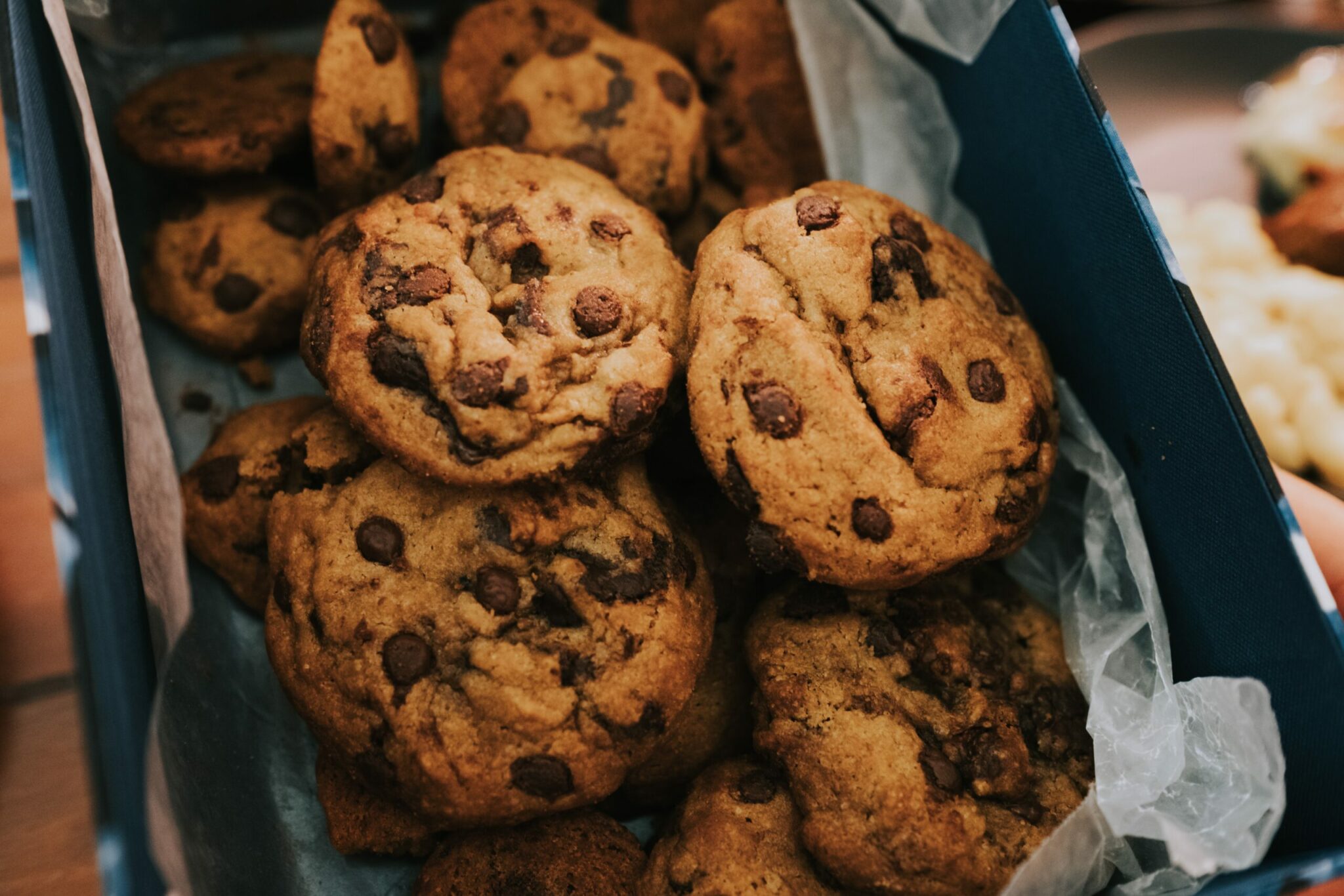Chocolate chip cookies are an absolute favorite among cookie lovers for several valid reasons. Apart from its delicious chocolatey taste, a wonderful chewy texture is pleasurable, and it is a definite favorite for many people.
If one of the things you love about chocolate chip cookies is their thick, chewy consistency, it should interest you to know that eggs are the main reason for that feature. Eggs impart moisture into a wide variety of meals and do many wonders in cookie recipes that will leave you craving more.
If there are no eggs to use or you need to avoid eggs due to dietary preferences, there are other options you can use instead in your chocolate chip cookie recipes. Find out how to properly introduce these substitutes to successfully replicate eggs’ effects in your recipes.
What are eggs?
Water makes up most of the constituents of an egg and is supplemented by proteins, lipids, and minerals. The major parts of eggs suitable for human consumption are the albumin and yolk, and protein, fat, and cholesterol are all abundant in egg yolks. The moisture content of egg whites is 90%, and the protein content is 10%, while the yolks have a moisture content of 50%, a fat content of 30%, and protein content of 20%.
An egg’s composition makes it one of the most adaptable baking ingredients. Eggs are versatile food items that can be eaten alone or mixed with other ingredients to make custards, sauces, foams, and batters.
Eggs serve a wide range of functions in culinary procedures. They serve as binding and coating substances, thickening and emulsifying agents, and clarifying agents, among a range of other functions. Essentially, eggs are widely known to improve the nutritional value of other foods.
Eggs nutrition facts
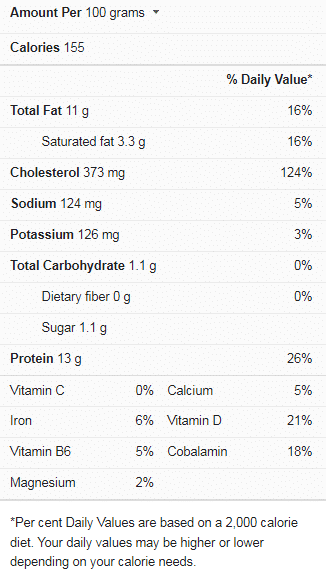
Uses of eggs in cookie recipes
Eggs are popularly employed in cookie recipes to increase moisture and act as a binding agent. The cookies become dense, crumbly, and don’t spread out when no eggs are used. In cookie dough, eggs are a primary source of moisture and protein.
By interacting with the carbohydrate and protein in the flour, the liquid in eggs gives cookies shape, and their protein makes cookies chewy. Due to the above-stated reasons, eggs are used in various cookie recipes, including chocolate chip cookies.
Some of these recipes are highlighted below:
- Thumbprint cookies
- Pumpkin chocolate chip cookies
- Gingerbread cookies
- Oatmeal cookies
- Snowball cookies
- Sugar cookies
- Bourbon-vanilla Spritz cookies
- Flourless fudge cookies
- Potato cookies
- Butter pecan cookies
- Peanut butter cookies
- Chocolate crinkle cookies
- Cinnamon roll cookies
- Panera chocolate chip cookies
- Red velvet cookies
- Nutella-stuffed cookies
- Snickerdoodle cookies
- Peppermint patty-stuffed chocolate cookies
Substitutes for eggs in chocolate chip cookies
Eggs are a popular food because they are both healthful and versatile. They’re instrumental in baking procedures, used in almost every recipe. When making cookies, eggs aid in the creation of a chewy texture, particularly in chocolate chip cookies, and allow them to stay soft for days longer than conventional cookies.
Despite these benefits, some people still have to avoid eggs for various reasons. Fortunately, there are many alternatives to choose from. Some of them have been described below:
1. Mashed banana
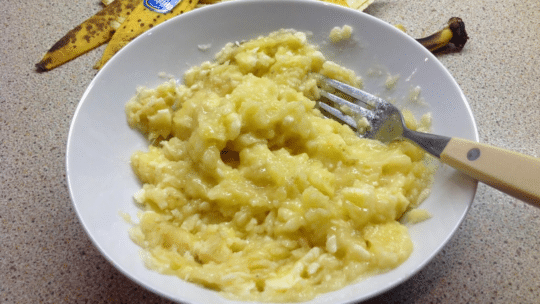
A popular egg substitute is a mashed banana, but one main disadvantage of baking bananas is that the result may have a little banana flavor. However, this option would work great in banana chocolate chip cookies, giving it a wonderful fruity feel. Other puréed fruits, such as pumpkin and avocado, can also be used and may not have as much of an impact on the flavor.
Depending on which fruit you use, you can substitute each egg with one-fourth cup (65 grams) of purée. Puréed fruit-baked goods may not brown as deeply as other baked dishes, but they will be dense and juicy. Cookies, cakes, muffins, brownies, and quick bread are the greatest baked foods to use this alternative for.
2. Commercial egg replacer
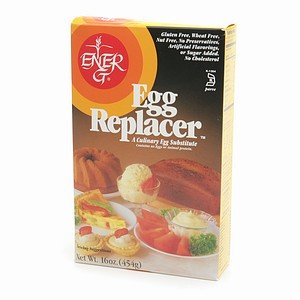
Commercial egg replacers are available in the market in a range of varieties. Potato starch, tapioca starch, and leavening agents are commonly used in their production. Egg substitutes are suitable for all baked items and should not affect the final product’s flavor.
Bob’s Red Mill, Ener-G, and Organ are commercially available brands, and they are available in a variety of supermarkets and online. Each brand has its own set of directions, but typically, to replace one egg, mix 1.5 teaspoons (10 grams) of powder with 2–3 tablespoons (30–45 grams) of warm water.
3. Ground flaxseeds or Chia seeds
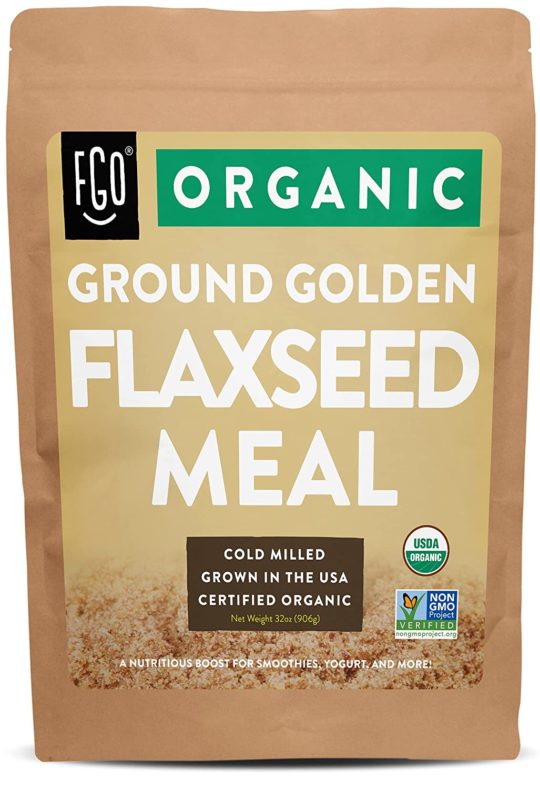
Flaxseeds and chia seeds are incredibly nutritious small seeds, and they make wonderful substitute options for eggs in chocolate chip cookies. Omega-3 fatty acids, fiber, and other unique plant chemicals are some of the nutrients that abound in them. You can ground the seeds yourself at home or use store-bought ready-made seed meal options.
Beat one tablespoon (7 grams) of ground chia or flax seeds with three tablespoons (45 grams) of water until fully absorbed and thickened to replace one egg. As a result of this substitution option, baked foods may become thick and dense. Ground flaxseeds and chia seeds also produce a nuttier flavor and are best used in pancakes, waffles, muffins, bread, and cookies.
Frequently asked questions (FAQs)
Can you use mayo instead of eggs?
When preparing anything from cake to bread, eggs can be substituted for mayonnaise. Add three heaping tablespoons of mayonnaise to each egg in your recipe. Because mayonnaise contains both egg and oil, it can be used as an egg substitute in baking.
Can I use oil instead of eggs?
To substitute one big egg, make a mixture of one-and-a-half teaspoons vegetable oil, one-and-a-half tablespoons water, and one teaspoon baking powder. This is particularly useful in recipes that call for eggs leavening agents, such as pancakes and buns.
Can I use milk instead of eggs in cookies?
Eggs can be replaced with water, milk, or water mixed with milk powder. Simply substituting the weight of eggs with the same amount of water or milk, or slightly less (because eggs are only 75% water), can work nicely in some recipes. The milk will give the batter moisture, and the proteins will structure it.
Conclusion
Next time you’re craving a chocolate cookie treat and you have no eggs to get that blissful chewy texture, try out one of our suggested options. These options also work if you have dietary preferences that necessitate the exclusion of eggs from your recipes.
Use these substitutes in appropriate amounts and methods to obtain the best results. So, there’s no need to hold back from enjoying your favorite cookie treats, and just be open to a bit of exploration!
